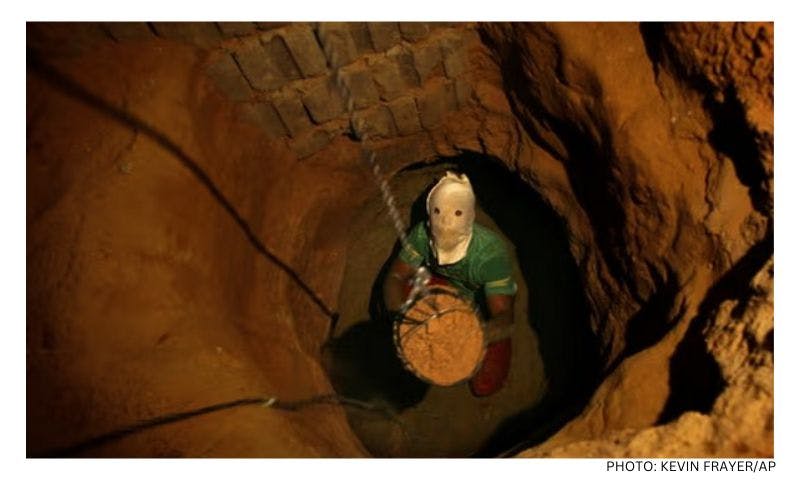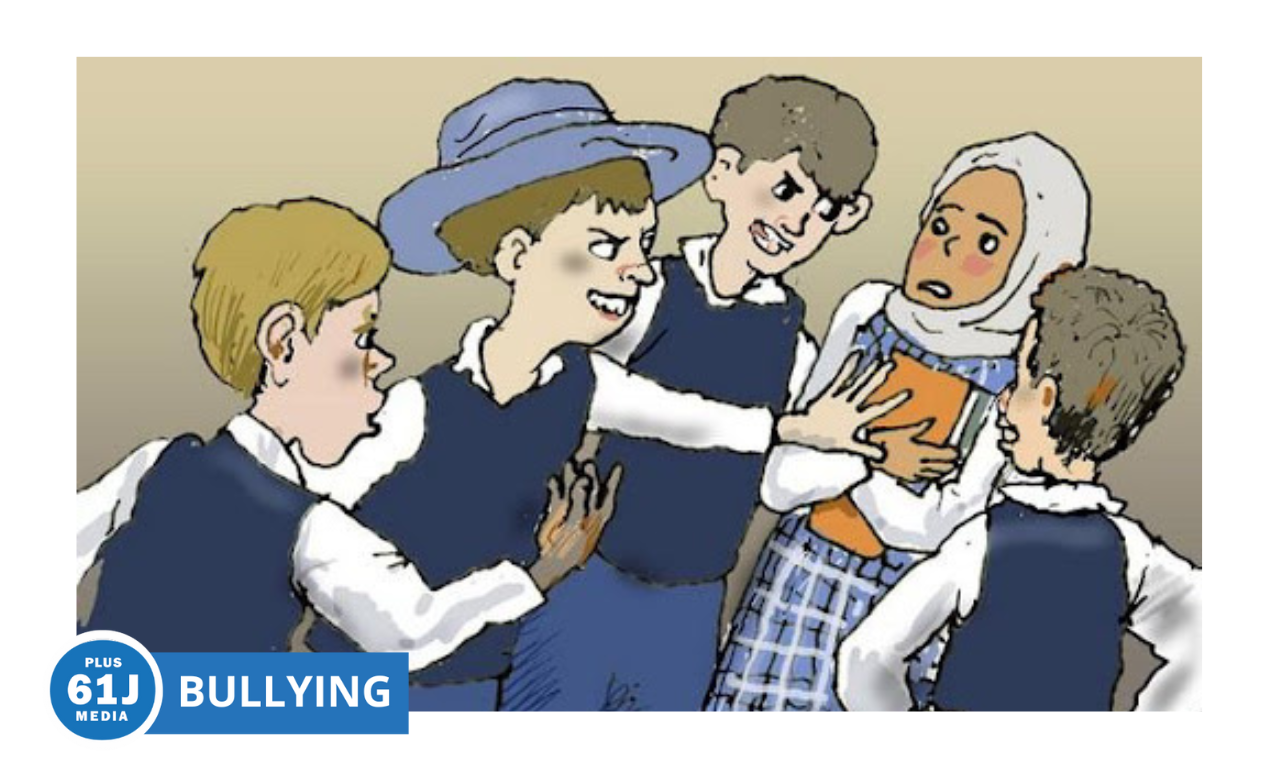Published: 12 October 2021
Last updated: 4 March 2024
MELINDA JONES: The disappointment of the National Safety Summit only reinforces the urgency of our collective challenge to combat violence against women
DURING THE LAST 18 MONTHS, there has only been one issue that has been able to shift the spotlight from the morass of Covid news. On a regular basis, violence against women has demanded attention.
Whether this is because of rape and other serious sexual misconduct towards women on the sacred ground of the Australian Parliament, the murder of women who dared to walk home at night, the disclosure of violence against women with disabilities by the Royal Commission or the experience of everyday misogyny directed at high profile women such as Julia Gillard and JK Rowling, the matter of gendered violence is finally being recognised.
In March this year, women of Australia took to the streets to say Enough is Enough. Jewish women’s voices were there in number, because we know that the epidemic does not discriminate on the basis of religion, race or culture.
And we Jews even have our own special violence against women, which takes the form of Agunot – where men exert coercive control to prevent their wives from breaking free from an untenable marriage. Judaism and the Jewish community do not protect women from violence in the home, from violence in the workplace or from violence on the streets.
On Rosh Hashanah the Federal Government convened the Safety Summit, intended to be a meeting of feminist and other organisations including NCJWA, survivors of violence and government actors. Together we were supposed to nut out the way forward, to configure a National Action Plan that would address causes, reality and prevention of violence.
Unfortunately, that is not what happened. Jewish women were excluded by the timing of the event. In fact, who was included and excluded is still a mystery to all. The sessions were not open and those you could watch were all talking head sessions.
The optimism with which many of us approached the Safety Summit was completely undermined. The government did not display interest in understanding the issues at a deep level.
The optimism with which many of us approached the summit was completely undermined. The Government did not display interest in understanding the issues at a deep level and did not incorporate the “12 Demands” put together by a wide coalition of interested parties, including NCJWA.
Still, the violence will not go away. If you haven’t read Jess Hill’s book, See What You Made Me Do or watched the mini-series she made, please do. There are solutions. But they take political will, political commitment and money.
They require a recognition of women as worthy of respect, and consistent modelling of this respect. They require the whole society to get on board to demand zero tolerance of violence in social media, on the streets, in the workplace – everywhere.
There are two major things we need to do as individuals and as a society. First, we need to recognise the seriousness of the problem and respond to victims now. Secondly, we need to begin to join the dots – to see that violence against women depends on the fundamental way women are valued by society. You do not attack or violate an equal. You don’t kill someone you respect. You don’t abuse someone you value as a friend and colleague.
Responding to the immediate needs of victims of violence means providing safe spaces for women – spaces that women and children do not have to share with male-bodied people. We need to provide financial support to allow a woman to leave with her children to that place of safety.

We need to recognise that without ongoing income support and affordable housing women are often forced to return to abusive partners. This means funding women’s refuges, developing supported and low-cost accommodation, ensuring laws and policing practices are supportive of victims and helping them to recover and rebuild. It means providing long-term counselling and support as well as social welfare measures.
Violence against women is part of a whole package that perpetuates the fundamental values concerning women. There is a continuum from treating women as second class citizens to sexual imagery and the objectification of women’s bodies to violence in a wide range of ways. Strong women who like their bodies are better able to withstand violence than women who accept the social view that they are worthless and in need of fixing.
Sexual harassment and workplace discrimination are part of this continuum. We know women in Jewish workplaces are treated as badly as other Australian women. Where there is a culture of harassment and misogyny, sexual violence is just below the surface. The representation of women on boards and on public fora is part of this continuum.
The media has a lot to answer for. Social media too. Hatred is meant to be outlawed in this country and on social media but it seems that misogyny is OK.
Jewish women are not valued equally in the community – if we were, NCJWA Vic would not have had to be extracting pledges from organisations that they will move toward equality, pledges which are frequently broken.
I’m told weekly that there was a good reason why women were not on this panel or that, when the reasons given to me are very rarely good. This is all part of the picture of violence.
The media has a lot to answer for. Social media too. Women are objectified and sexualised, confined to stereotypes and portrayed as limited in film and television. Hatred is meant to be outlawed in this country and on social media but it seems that misogyny is OK.
The violence on Twitter and Facebook is frightening and neither regulated nor widely condemned. Pornography – the commercial violation of women and children – is legal and available in almost every Australian household. This needs to be stopped. We can’t legitimise fantasies of violence and still honestly believe we can end violence.
Jewish women are not valued equally in the community – if we were, NCJWA Vic would not have had to extract pledges from organisations about moving toward equality.
That National Action Plan has still not been drafted. It is not too late for the strategy proposed by the women’s movement – which you can read about here – to be adopted.
I urge readers to write to your member of Parliament, join action groups close to where you live, join NCJWA’s Violence Against Women Working Group. If the level of violence upsets you, ensure that you know what is happening to so many of us on a daily basis and discuss it with your family. Every step counts.
Photo: A scene from the documentary based on Jess Hill’s book, See What You Made Me Do




